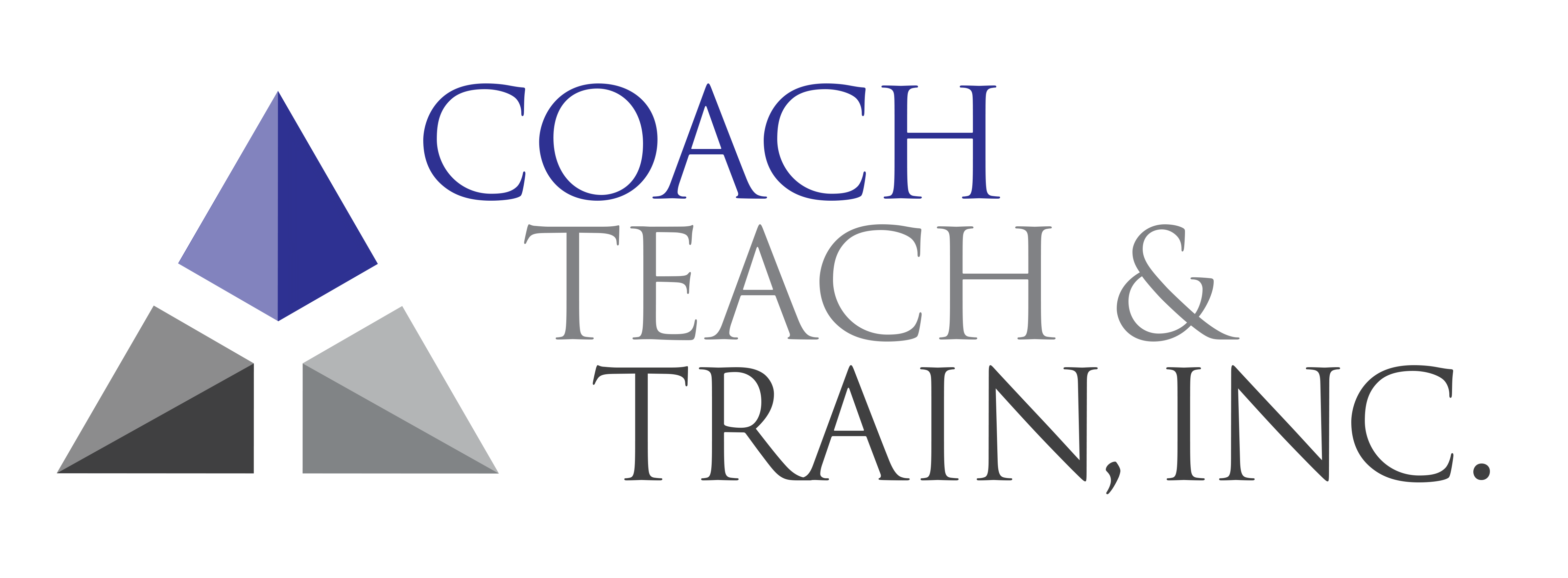Ahhh, the difficult time when you have to sit down with an employee and let them know that they are under performing. This is a coaching moment when they need to be “coached”. This is not something that a lot of employees look forward to, nor do managers because they know that majority of the time they are walking into a battle of “but I didn’t”.
I suggest to go back and start at the beginning. Recently, I posted an article on Effective Communication. Take a look at what I wrote about communication as that is where things start. If you did not originally communicate your expectations with clarity, that is where a vast majority of issues begin.
Go back to the beginning – What was your hiring process? What were you looking for and saw in the candidate or co-worker? Did your process allow for checking backgrounds and references? Was there more than one interview? Did more than one person from the Company sit in on the interview(s).
What expectations were set with the perspective employee up front before, at the time of and immediately after the hire has taken place? Are you or is someone on your staff an effective communicator and a good coach (teacher)?
Once hired, do you have accountability in your Company to your Core Values? Are people regularly (more often than once a year) reviewed? Do they have a strong connection to the Company’s background, philosophy and understand the Company Culture?
When a coaching session is necessary with an employee, when it is done right and done effectively, a coaching session can not only be a beautiful thing, but it will actually help the employee and the manager gain a much better understanding of how each functions. These kinds of meetings can be positive and can help the company to grow stronger.
The way that some people coach is they give a “three strikes” and you’re out scenario. You should never scare your employees, but you should give them chances to make changes after you effectively communicate what you see going wrong against company policy that needs to change. Remember, effective communication will allow you to gain that insight you need to better everyone in the long run.
Many times, a coaching situation can start with “what would you have done differently in the same situation the next time around”? GREAT question!
Sometimes personnel do not respond to accountability or coaching. If you have determined that they are a good fit for the Company Culture – then, MORE time should be put into them – information, skills, knowledge, etc. Figure out what the issues are.
Work WITH them to develop a “success plan” and establish if they have the right tools to be successful. What are they lacking?
When you need to perform a coaching session, the best way that I recommend to do this is by formally talking to the employee and “inviting” them to discuss some opportunities for growth with you. Sometimes hearing this instead of “coaching” or “sit-down” or “documentation on behavior” is much easier for an employee to digest and they will come in with a positive attitude.
Once you and the other person are face to face, find out what has been going on and then bring up the question of whatever you may be coaching them for in a positive manner. Establish a bond with them and talk to them about them, nothing else, just them for a few minutes. Sometimes, you will be surprised at what you may learn in this setting.
After you and the employee have established the first few moments of trust move on to whatever you may be coaching the employee for. If it is tardiness, sometimes, you can find the answer in what they said during the “establishing of trust” at the beginning of the conversation. If not, then you have a few other ways that you can approach it with.
You can generally open the conversation with (we’ll use Bob for this example) “Bob, I want to thank you for taking the time to sit down with me today as I wanted to take a few moments of our time and talk about some opportunities of growth I see in your career with us”. You can then begin to discuss what it is that you see going on in John’s work life.
“Bob, at XYZ Painting Center, we pride ourselves on our efficiency of time management. We know that not only is this something that is extremely important to us, our employees, and our customers, but it makes sure that each task is completed in the way it needs to be, and that our time is being fully utilized”.
Sometimes at this point when you hint at what you are discussing the person may say something about their tardiness, if not, you can move forward in your conversation. That could look something like “With that being said, I want you to understand what a valuable asset you are to the team. I’ve noticed that your time management could possibly use some assistance and I would like to help you with that if you will allow me”.
At this point you will generally have a positive reaction from the employee because YOU are showing that you want to help your employee out. Most employees respond to effective communication and your interest in bettering them.
The key to all this is making sure that you are communicating your message with your employee in a positive light. When you negatively speak to an employee, it not only makes them feel undervalued, but it makes them start to think that they aren’t good enough when in fact they are and can be better.
We all have strengths and weaknesses; it’s just about listening to the employees and finding out what you can do to help coach them into stronger, better, and more efficient employees who will succeed with you.
Remember, the next time you do a coaching session try listening, you will be amazed at what you will learn.
Marty Jocz is an effective and passionate communicator. He is a Consultant, Coach and Mentor with small businesses – many of whom are in the Restoration Industry. Marty is a speaker, motivator and Entrepreneur helping owners to steer clear of the day to day struggles and work ON their Business.
For more information, visit https://coachteachandtrain.com


Recent Comments